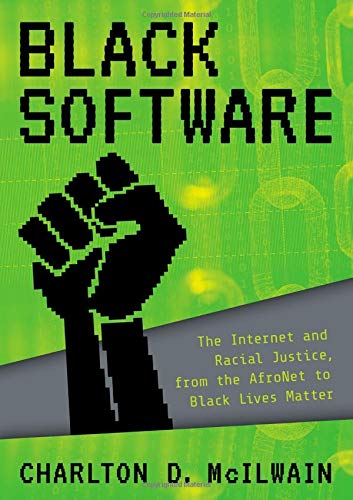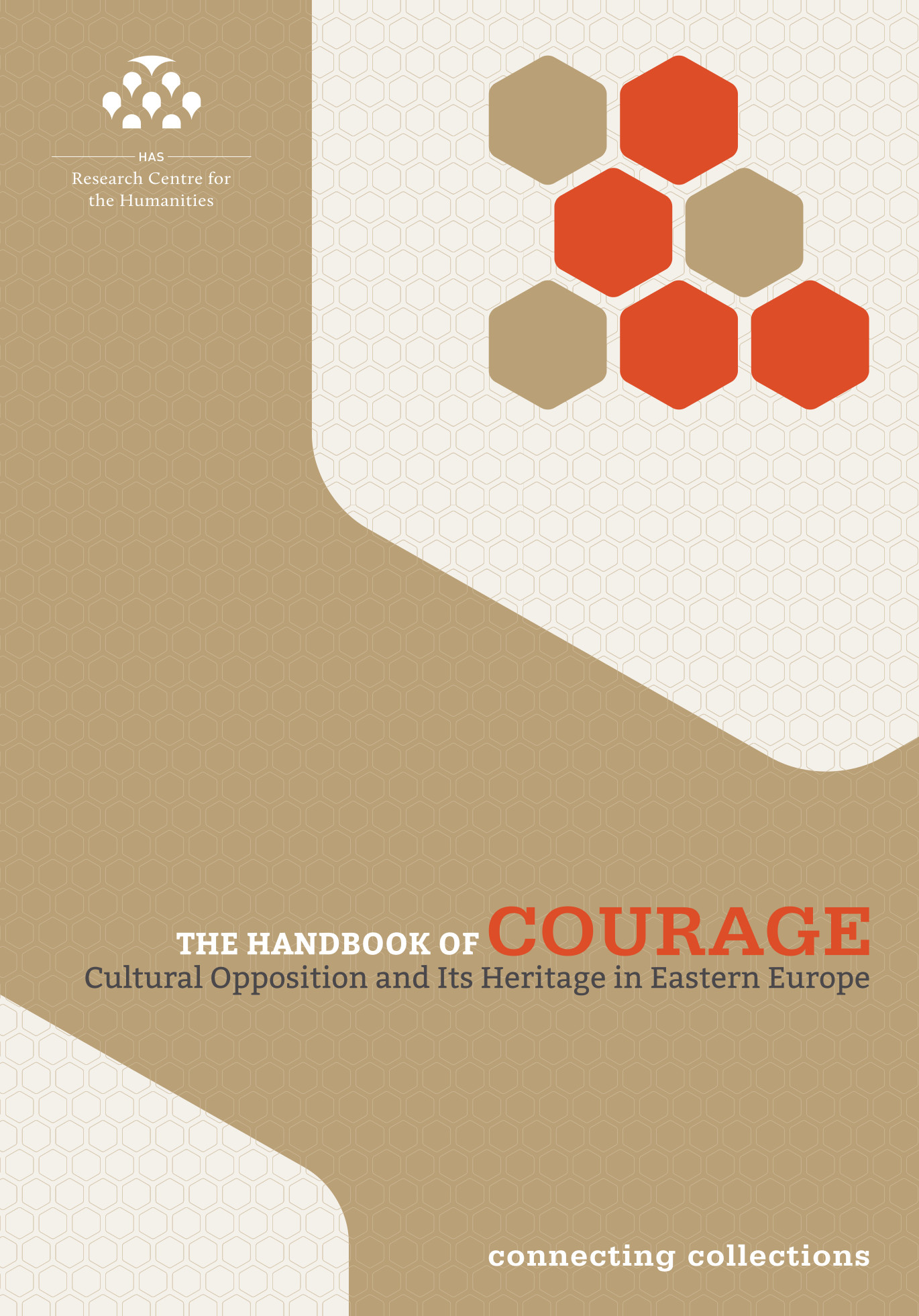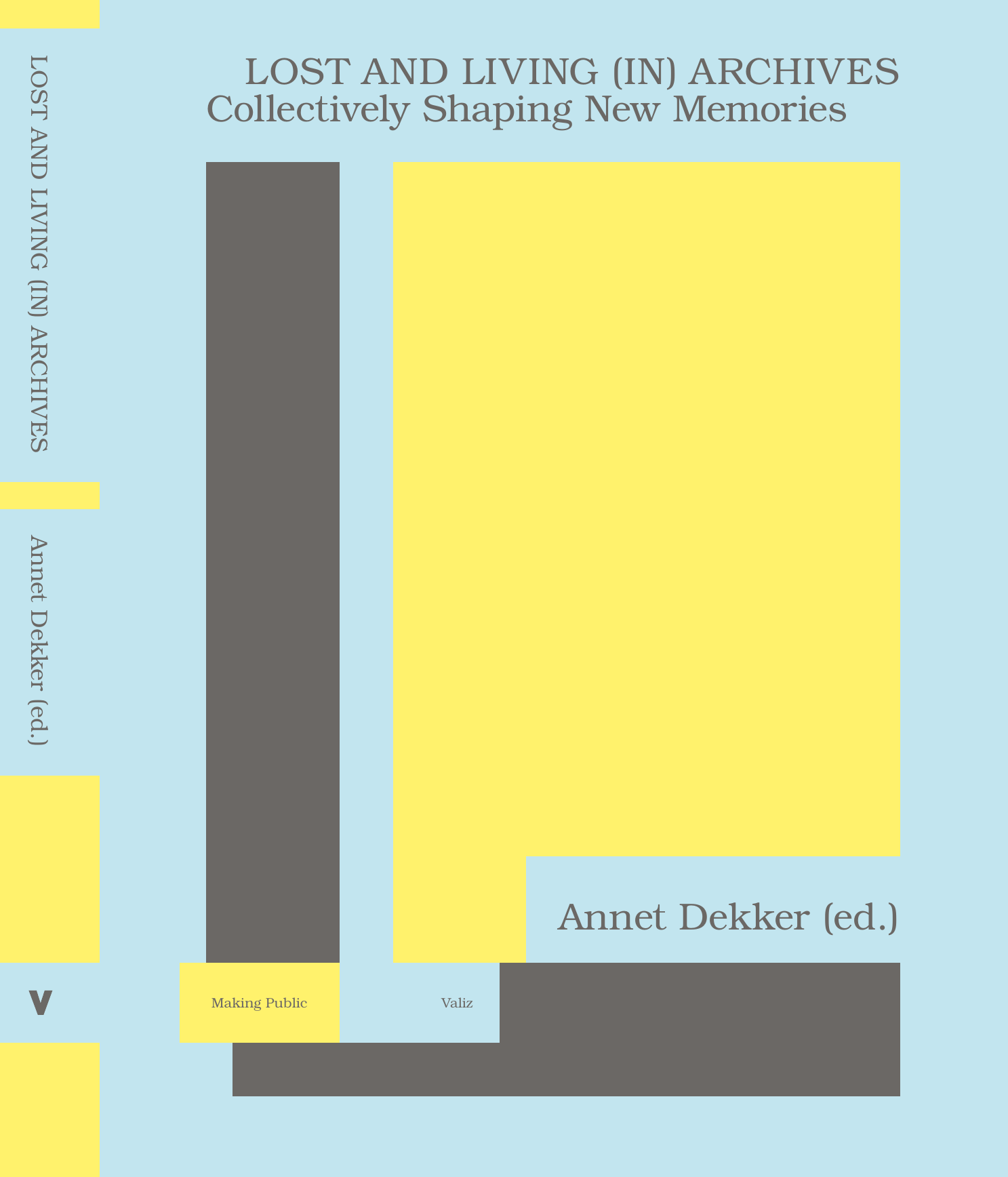Annet Dekker (ed.): Lost and Living (in) Archives: Collectively Shaping New Memories (2017)
Filed under book | Tags: · activism, archive, archiving, art, collectivism, digital media, documentation, internet, living archive, media, media activism, media culture, memory, web
“Archives are collections of records that are preserved for historical, cultural and evidentiary purposes. As such, archives are considered as sites of a past, places that contain traces of a collective memory of a nation, a people or a group. Digital archives have changed from stable entities into flexible systems, at times referred to with the term ‘Living Archives’. In which ways has this change affected our relationship to the past? Will the erased, forgotten and neglected be redeemed, and new memories be allowed? Will the fictional versus factual mode of archiving offer the democracy that the public domain implies, or is it another way for public instruments of power to operate? Lost and Living (in) Archives shows that archives are not simply a recording, a reflection, or an image of an event, but that they shape the event itself and thus influence the past, present and future.
Contributors: Babak Afrassiabi, Dušan Barok, Tina Bastajian, Nanna Bonde Thylstrup, Özge Çelikaslan, Annet Dekker, Olia Lialina, Manu Luksch, Nicolas Malevé, Aymeric Mansoux, Michael Murtaugh, Josien Pieterse, Ellef Prestsæter, Robert Sakrowski, Stef Scagliola, Katrina Sluis, Femke Snelting, Igor Štromajer, Nasrin Tabatabai.”
Publisher Pia Pol, Valiz, Amsterdam, 2017
Making Public series
Creative Commons BY-NC-ND 3.0 NL License
ISBN 9789492095268, 9492095262
285 pages
Reviews: Alessandro Ludovico (Neural, 2018), Natacha Yahi (Critique d’art, 2019, EN/FR).
PDF (16 MB)
Comment (0)Charlton D. McIlwain: Black Software: The Internet and Racial Justice, from the AfroNet to Black Lives Matter (2020)
Filed under book | Tags: · activism, afronet, black people, computing, history of computing, history of technology, internet, race, racism, technology

“Activists, pundits, politicians, and the press frequently proclaim today’s digitally mediated racial justice activism the new civil rights movement. As Charlton D. McIlwain shows in this book, the story of racial justice movement organizing online is much longer and varied than most people know. In fact, it spans nearly five decades and involves a varied group of engineers, entrepreneurs, hobbyists, journalists, and activists. But this is a history that is virtually unknown even in our current age of Google, Facebook, Twitter, and Black Lives Matter.
Beginning with the simultaneous rise of civil rights and computer revolutions in the 1960s, McIlwain, for the first time, chronicles the long relationship between African Americans, computing technology, and the Internet. In turn, he argues that the forgotten figures who worked to make black politics central to the Internet’s birth and evolution paved the way for today’s explosion of racial justice activism. From the 1960s to present, the book examines how computing technology has been used to neutralize the threat that black people pose to the existing racial order, but also how black people seized these new computing tools to build community, wealth, and wage a war for racial justice.
Through archival sources and the voices of many of those who lived and made this history, Black Software centralizes African Americans’ role in the Internet’s creation and evolution, illuminating both the limits and possibilities for using digital technology to push for racial justice in the United States and across the globe.”
Publisher Oxford University Press, 2020
ISBN 9780190863845, 0190863846
xi+296 pages
Video interview with author (Morning Joe, MSNBC, 2019).
Podcast interview with author (The Human and the Machine, 2019).
Reviews: Lori Emerson (LA Review of Books, 2021), Brian Alleyne (Computational Culture, 2021).
PDF (7 MB)
Comment (0)The Handbook of Courage: Cultural Opposition and its Heritage in Eastern Europe (2018)
Filed under book | Tags: · activism, censorship, central europe, culture, dissent, east-central europe, eastern europe, politics, protest, southeastern europe, surveillance, underground

“The Courage Handbook ushers its reader into the world of the compellingly rich heritage of cultural opposition in Eastern Europe. It is intended primarily to further a subtle understanding of the complex and multifaceted nature of cultural opposition and its legacy from the perspective of the various collections held in public institutions or by private individuals across the region.
Through its focus on material heritage, the handbook provides new perspectives on the history of dissent and cultural non-conformism in the former socialist countries of Central, Eastern, and South-eastern Europe.
The volume is comprised of contributions by over 60 authors from a range of different academic and national backgrounds who share their insights into the topic. It offers focused discussions from comparative and transnational perspectives of the key themes and prevailing forms of opposition in the region, including non-conformist art, youth sub-cultures, intellectual dissent, religious groups, underground rock, avantgarde theater, exile, traditionalism, ethnic revivalism, censorship, and surveillance.”
Edited by Balázs Apor, Péter Apor and Sándor Horváth
Publisher Institute of History, Research Centre for the Humanities, Hungarian Academy of Sciences, Budapest, 2018
ISBN 9789634161424, 9634161421
634 pages
Project website
Publisher
WorldCat


